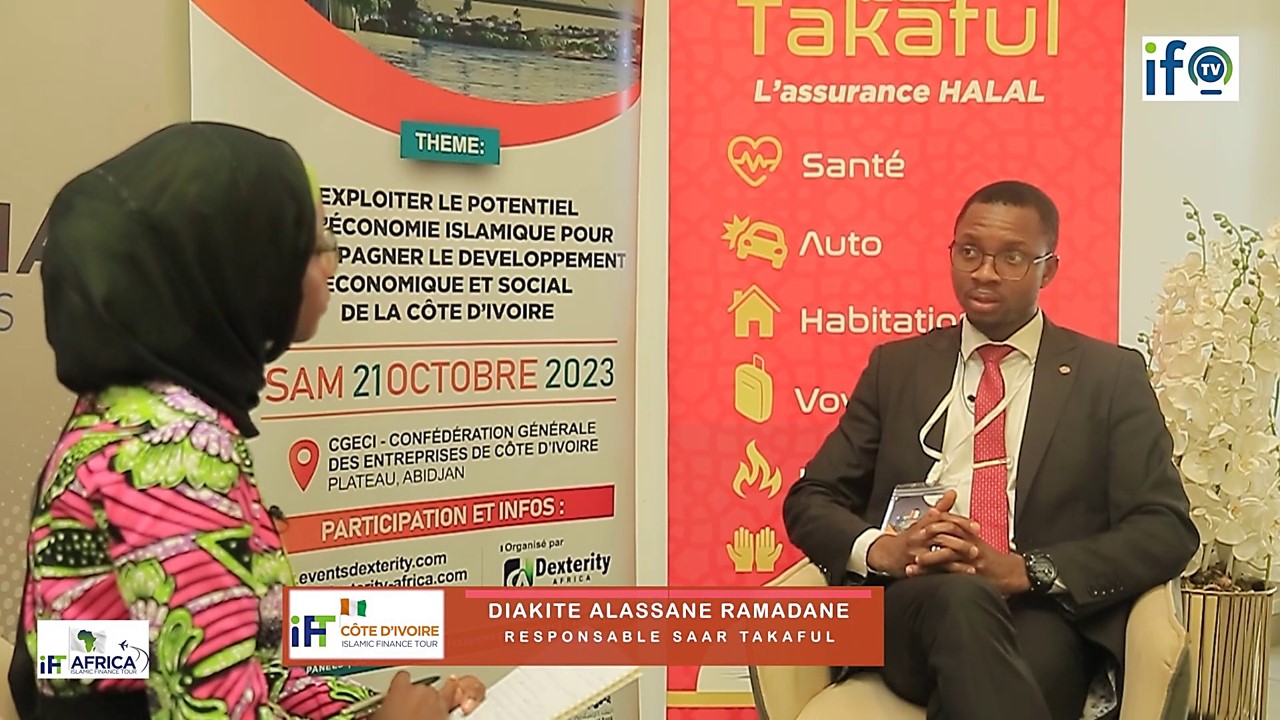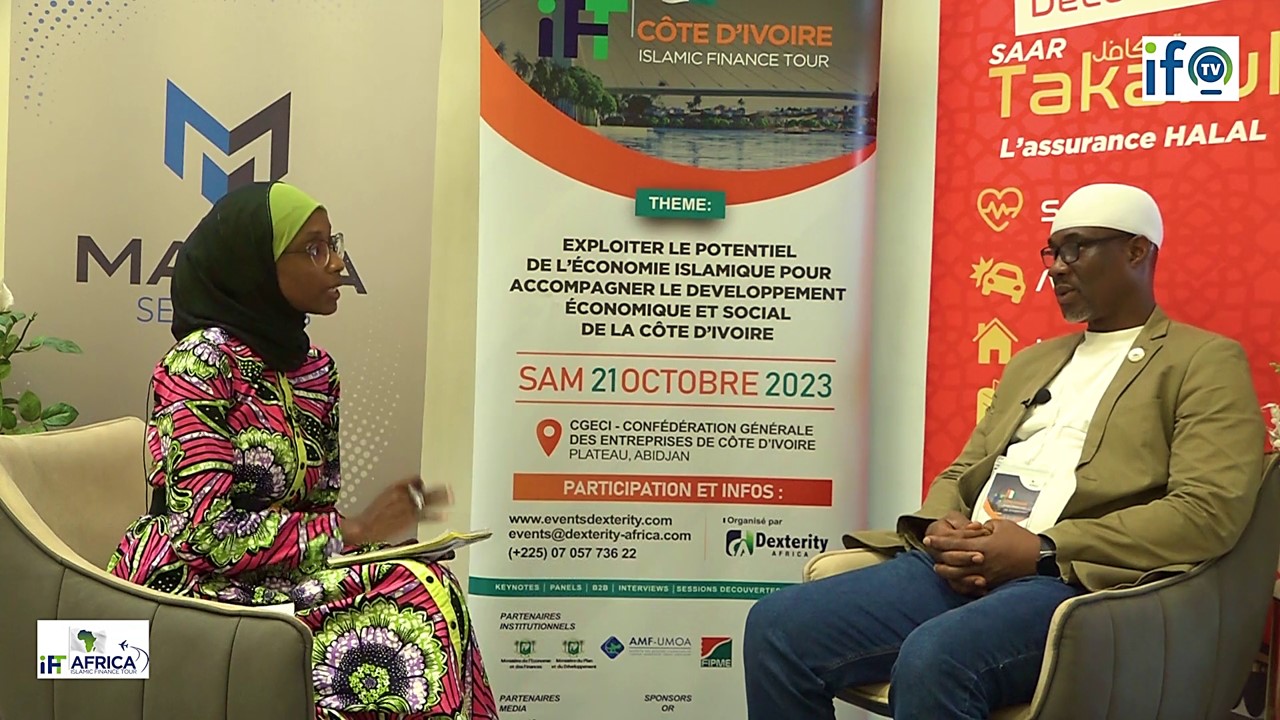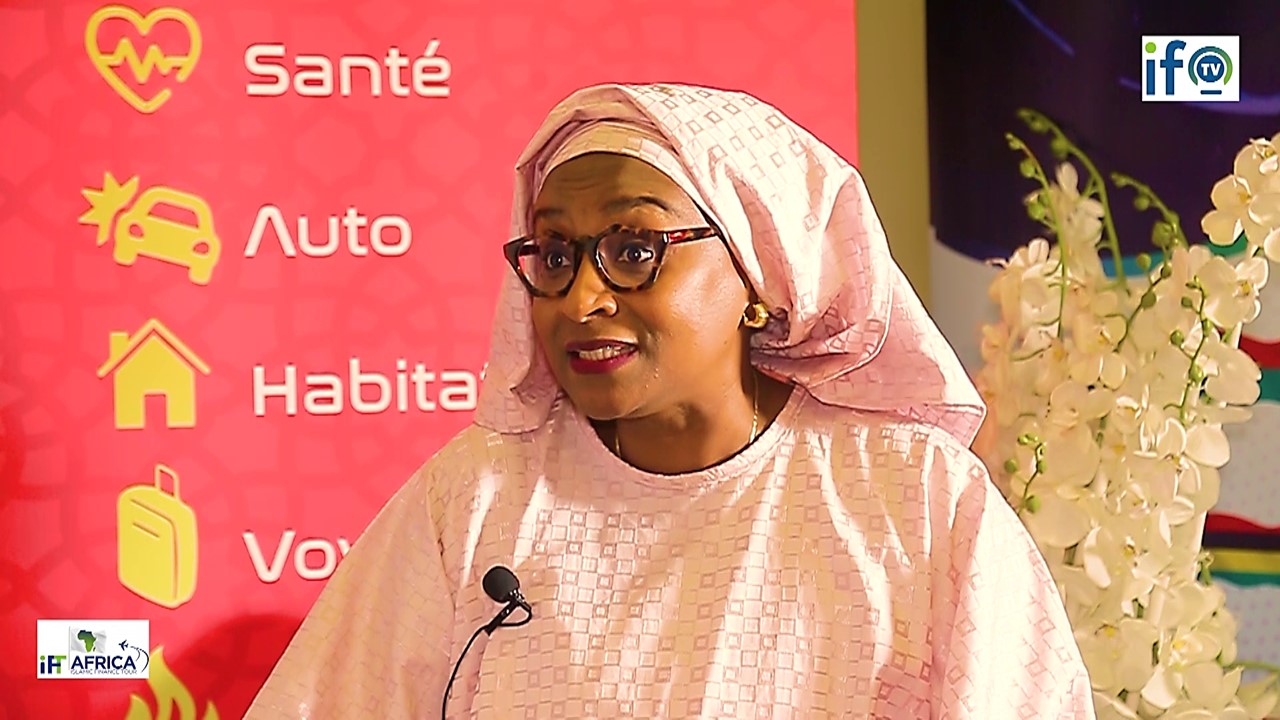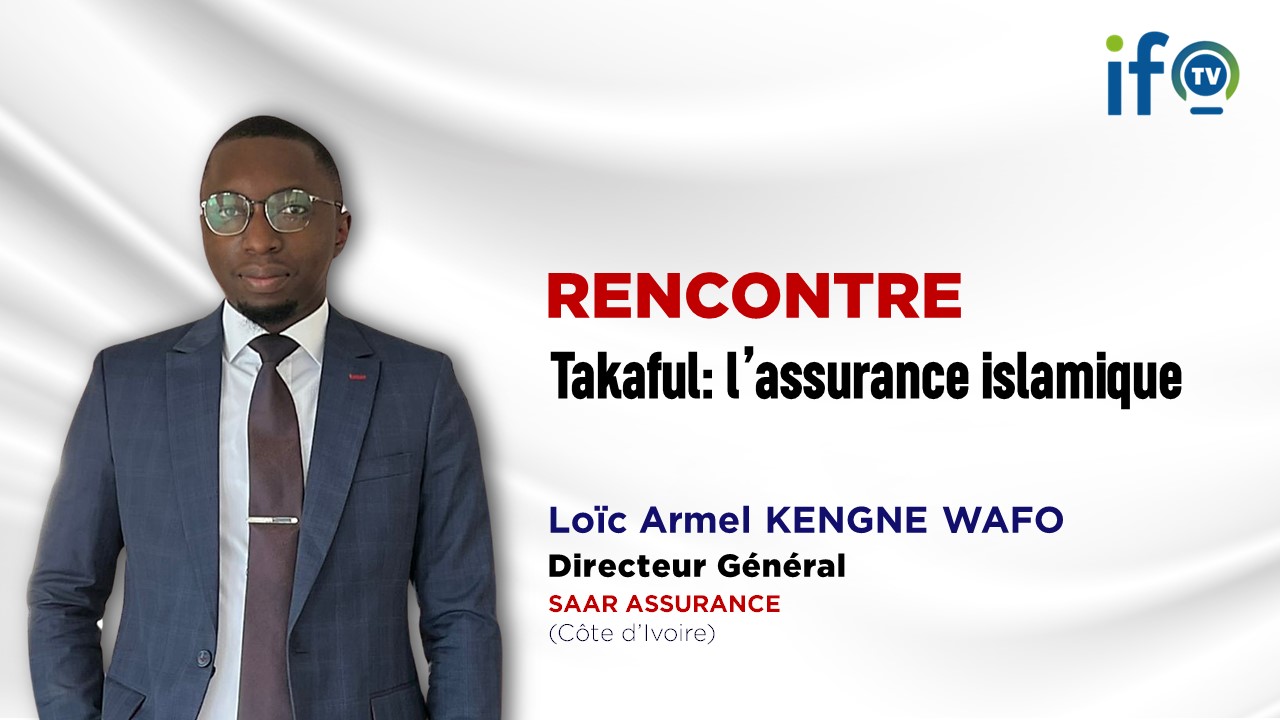Dubai, UAE - In a groundbreaking move, cryptocurrency platform Crypto.com and Dubai Islamic Bank (DIB), the UAE's leading Islamic bank, have joined forces to explore the integration of Sharia-compliant financial solutions with blockchain technology. This partnership marks a significant step towards positioning the UAE as a global hub for both Islamic finance and financial technology (fintech).
As it continues to grow its market presence in the UAE and the larger GCC, Crypto.com has announced, on the 30th December 2024, the signing of a Memorandum of Understanding (MoU) with Dubai Islamic Bank (DIB), the largest Islamic bank in the UAE and a globally recognized pioneer in the field of Islamic finance. As the company continues to provide more goods and services to its more than 100 million customers worldwide, the Memorandum of Understanding, which was signed by Mr. Mohammed Al Hakim, President of UAE Operations for Crypto.com, and Mr. Musabbah Al Qaizi, Chief Digital Officer of DIB, represents a major turning point in the company's roadmap to integrating with top financial institutions in the UAE.
Beyond Market Expansion: Redefining Financial Products
This collaboration goes beyond simply expanding Crypto.com's market reach. It signifies a shift in how financial products are created, traded, and accessed. A key feature of the alliance is the integration of fiat currency funding on the Crypto.com app, specifically designed to cater to users in the region while adhering to Islamic financial principles.
We are delighted to enter this significant agreement with Dubai Islamic Bank, one of the most influential banks in the region, and explore exciting ways we can enhance our products for our UAE and wider GCC customer base,
said Mohammed Al Hakim, UAE President of Operations at Crypto.com.
Bridging the Gap Between Tradition and Innovation
DIB, a symbol of Islamic financial integrity, and Crypto.com, a prominent cryptocurrency platform, represent two ends of the financial spectrum. Their collaboration signifies a growing acceptance of blockchain technology within Islamic finance, a market traditionally cautious about the speculative nature of cryptocurrency.
The partnership delves into pioneering opportunities such as the tokenization of sukuks (Islamic bonds) and real-world assets. Tokenization allows for converting physical assets or financial instruments into digital tokens on a blockchain, facilitating fractional ownership and increased liquidity. By adapting this technology to meet Sharia compliance standards, the partnership has the potential to unlock new avenues for investors seeking Sharia-compliant and innovative financial products.
The partnership represents a unique opportunity for us to bridge the worlds of cryptocurrency and Islamic banking, paving the way for future collaboration on tokenized sukuks and sharia-compliant crypto solutions. We look forward to investigating new and innovative payment solutions and exploring the untapped potential in the Islamic finance sector,
further stressed Mohammed Al Hakim.
Aligning with the UAE's Vision
It is worth noting that this collaboration aligns perfectly with the UAE's broader ambitions to be a frontrunner in integrating blockchain technology into government services and financial infrastructure. The UAE's proactive stance on regulations provides fertile ground for such collaborations to flourish.
Musabbah Al Qaizi, Chief Digital Officer at Dubai Islamic Bank, said:
This partnership with Crypto.com signifies a transformative milestone for Dubai Islamic Bank as we embrace the forefront of technological advancement in Islamic finance. By exploring innovative avenues such as tokenized Islamic sukuks and the tokenization of real-world assets, we align with our strategic vision to integrate cutting-edge digital solutions while upholding the principles of Sharia compliance.
A New Era for Islamic Finance
Sukuks have been a cornerstone of Islamic finance, enabling investors to earn returns without violating the prohibition on interest. Tokenization of sukuks has the potential to revolutionize the way these instruments are issued and traded, fostering greater transparency and accessibility.
Traditional sukuk issuance involves complex structuring and high costs. Blockchain technology offers a solution to simplify the process. Experts believe that digitizing these instruments can significantly reduce issuance time and expense, making sukuks more attractive to a global audience.
Musabbah Al Qaizi, Chief Digital Officer at Dubai Islamic Bank, stressed that
this collaboration allows us to set new-age standards for Sharia-compliant financial solutions, providing our customers with unparalleled security, efficiency, and flexibility. It empowers us to redefine the integration between Islamic banking and digital asset management, paving the way for future developments in this emerging sector.
Building Trust in a Volatile Market
For Crypto.com, the partnership is a strategic move to build trust and credibility in a market that prioritizes financial stability and religious principles. Initiatives like fiat currency funding on the Crypto.com app aim to simplify the user experience and make digital currencies more approachable.
The recent market volatility underscores the importance of building trust. As of this week, Bitcoin is trading at £75,431.18 ($92,675.25), down 1.01%, and Ethereum at £2,722.50 ($3,344.40). Industry leaders believe that partnerships with established financial institutions like DIB can introduce structured, compliant financial products, thereby stabilizing the market.
"The demand for tokenized assets is on the rise," stated Nikola Plecas, a commercialization strategist at Visa Crypto. "For financial institutions seeking to stay competitive in a digital-first world, this partnership represents a natural progression."
A Global Impact
The ripple effects of this collaboration could extend far beyond the UAE. Crypto.com and DIB are setting a precedent for other Islamic finance hubs in Southeast Asia and Africa by demonstrating that blockchain solutions can coexist with cultural and religious norms.
For instance, according to a 2023 McKinsey report on fintech in MENAP (Middle East, North Africa, and Pakistan), the region has seen a period of substantial growth since 2017; investor funding for fintech startups more than quadrupled from under $200 million in 2020 to approximately $885 million in 2022. Over the same period, the share of rounds exceeding $10 million increased from 4% to over 15%. In 2022, the United Arab Emirates attracted 37% of funding.
In the same vein, Kaan Akin, Chief Commercial Officer at Tenity, summarizes the GCC (Golf Cooperation Council) attractiveness for Fintechs in 3 points:
- Large sovereign funds and high-net-worth individual investors are both active in the Middle East.
- It provides access to a sizable, varied, and expanding market.
- The Middle East gives the best of both worlds by connecting the East and the West.
In fact, this partnership's broader implications hint at a transformation in global finance. As the crypto industry matures, collaborations that harmonize digital innovation with traditional systems are likely to gain traction.
The development of this initiative will be very closely monitored, as it could redefine not only the practice of Islamic finance, but also the role of blockchain technology in the wider financial landscape.
IFMAG NEWS






30 commentaires
kYaZsHyN kYaZsHyN
nov. 27, 2025@@vcN0q
kYaZsHyN kYaZsHyN
nov. 27, 2025����%2527%2522\'\"
kYaZsHyN kYaZsHyN
nov. 27, 2025'"
kYaZsHyN kYaZsHyN
nov. 27, 2025'||DBMS_PIPE.RECEIVE_MESSAGE(CHR(98)||CHR(98)||CHR(98),15)||'
kYaZsHyN kYaZsHyN
nov. 27, 2025*DBMS_PIPE.RECEIVE_MESSAGE(CHR(99)||CHR(99)||CHR(99),15)
kYaZsHyN kYaZsHyN
nov. 27, 2025Ezo4Evdp')) OR 587=(SELECT 587 FROM PG_SLEEP(15))--
kYaZsHyN kYaZsHyN
nov. 27, 20252kvMeTf3') OR 116=(SELECT 116 FROM PG_SLEEP(15))--
kYaZsHyN kYaZsHyN
nov. 27, 2025Z8HtKdH7' OR 928=(SELECT 928 FROM PG_SLEEP(15))--
kYaZsHyN kYaZsHyN
nov. 27, 2025-1)) OR 544=(SELECT 544 FROM PG_SLEEP(15))--
kYaZsHyN kYaZsHyN
nov. 27, 2025-1) OR 488=(SELECT 488 FROM PG_SLEEP(15))--
kYaZsHyN kYaZsHyN
nov. 27, 2025-1 OR 741=(SELECT 741 FROM PG_SLEEP(15))--
kYaZsHyN kYaZsHyN
nov. 27, 2025BhE4Xx52'; waitfor delay '0:0:15' --
kYaZsHyN kYaZsHyN
nov. 27, 2025-1 waitfor delay '0:0:15' --
kYaZsHyN kYaZsHyN
nov. 27, 2025-1); waitfor delay '0:0:15' --
kYaZsHyN kYaZsHyN
nov. 27, 2025-1; waitfor delay '0:0:15' --
kYaZsHyN kYaZsHyN
nov. 27, 2025(select(0)from(select(sleep(15)))v)/*'+(select(0)from(select(sleep(15)))v)+'"+(select(0)from(select(sleep(15)))v)+"*/
kYaZsHyN kYaZsHyN
nov. 27, 20250"XOR( *if(now()=sysdate(),sleep(15),0))XOR"Z
kYaZsHyN kYaZsHyN
nov. 27, 20250'XOR( *if(now()=sysdate(),sleep(15),0))XOR'Z
kYaZsHyN kYaZsHyN
nov. 27, 2025*if(now()=sysdate(),sleep(15),0)
kYaZsHyN kYaZsHyN
nov. 27, 2025-1 OR 5*5=26
kYaZsHyN kYaZsHyN
nov. 27, 2025-1 OR 5*5=25
kYaZsHyN kYaZsHyN
nov. 27, 2025-1 OR 5*5=26 --
kYaZsHyN kYaZsHyN
nov. 27, 2025-1 OR 5*5=25 --
kYaZsHyN kYaZsHyN
nov. 27, 2025*1
kYaZsHyN kYaZsHyN
nov. 27, 2025*1
kYaZsHyN kYaZsHyN
nov. 27, 2025*1
kYaZsHyN kYaZsHyN
nov. 27, 2025*1
kYaZsHyN kYaZsHyN
nov. 27, 2025jSS72GUx
Aaronfoora Aaronfoora
juin 6, 2025viagra professional online pharmacy: Pharm Express 24 - buy cialis online us pharmacy
Hannelore Myrick Aline
mai 31, 2025With thanks. Ample advice! casino en ligne Awesome material, Appreciate it! casino en ligne Really lots of terrific info! casino en ligne Seriously plenty of wonderful knowledge. casino en ligne Thanks a lot. Terrific information. casino en ligne Terrific facts, Appreciate it. casino en ligne Whoa tons of valuable advice. casino en ligne Appreciate it! A good amount of postings! casino en ligne You actually explained this fantastically! casino en ligne This is nicely said. . casino en ligne